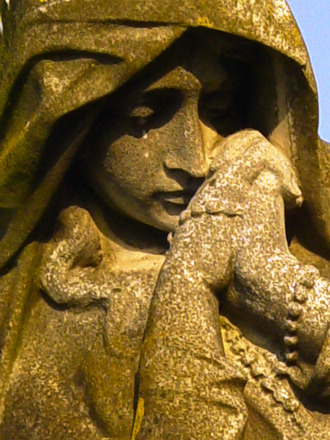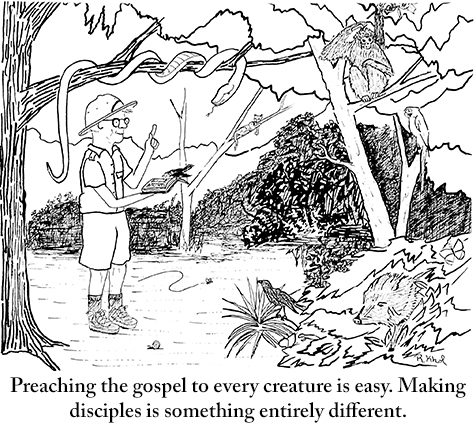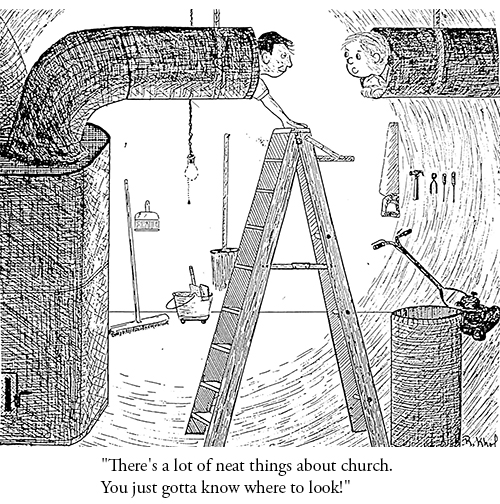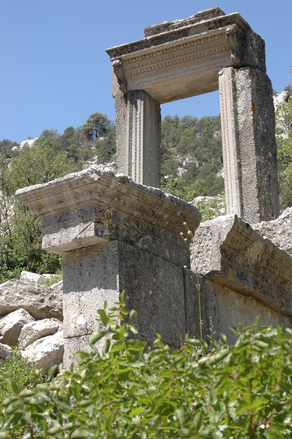Simon Peter, a bondservant and apostle of Jesus Christ, to those who have obtained like precious faith with us by the righteousness of our God and Savior Jesus Christ.
2 Peter 1:1*
Hold onto your hats! Here we go again, another God-title of Christ. That’s because accepting His deity is essential in knowing who He is.
You don’t have to look far to find Christians who disagree with each other. Doctrinal disagreements happen frequently in the same local church, but most saints congregate in groups of like-minded people. They often do this so they can label those of other persuasions “the weaker brethren.” Since it is easier to divide than to prayerfully seek the truth, Christendom is now broken down into more than 10,000 denominations, organizations, and sects.
Many, if not most, agree on the basic principles of faith, but others have major areas of contention. That’s why sometimes members of other churches seem way out in left field, but other times they appear to be in another ballpark all together.
Christ is the God of the universe. To see the Savior as a Great Teacher, Wonderful Man, Dear Friend, Archangel, or one of many Sons of God, but deny His deity, is to totally change the game. In this case, there cannot be common ground.
Everyone wants a Savior. Nobody wants to go to hell. But who we come to is Our God and Savior; the offices must go together. God didn’t delegate our salvation to a super-human or mere archangel. He came in a human body to take on Himself the sins of the whole world.
Our salvation is not only supernatural; it’s divine. A Savior who is less than God cannot destroy the works of the devil or reveal the true power of grace. The bottom line is that to be saved, we must accept Jesus Christ as Our God and Savior.
*see also Titus 2:10, 13; 3:4; Jude 25
June 28









